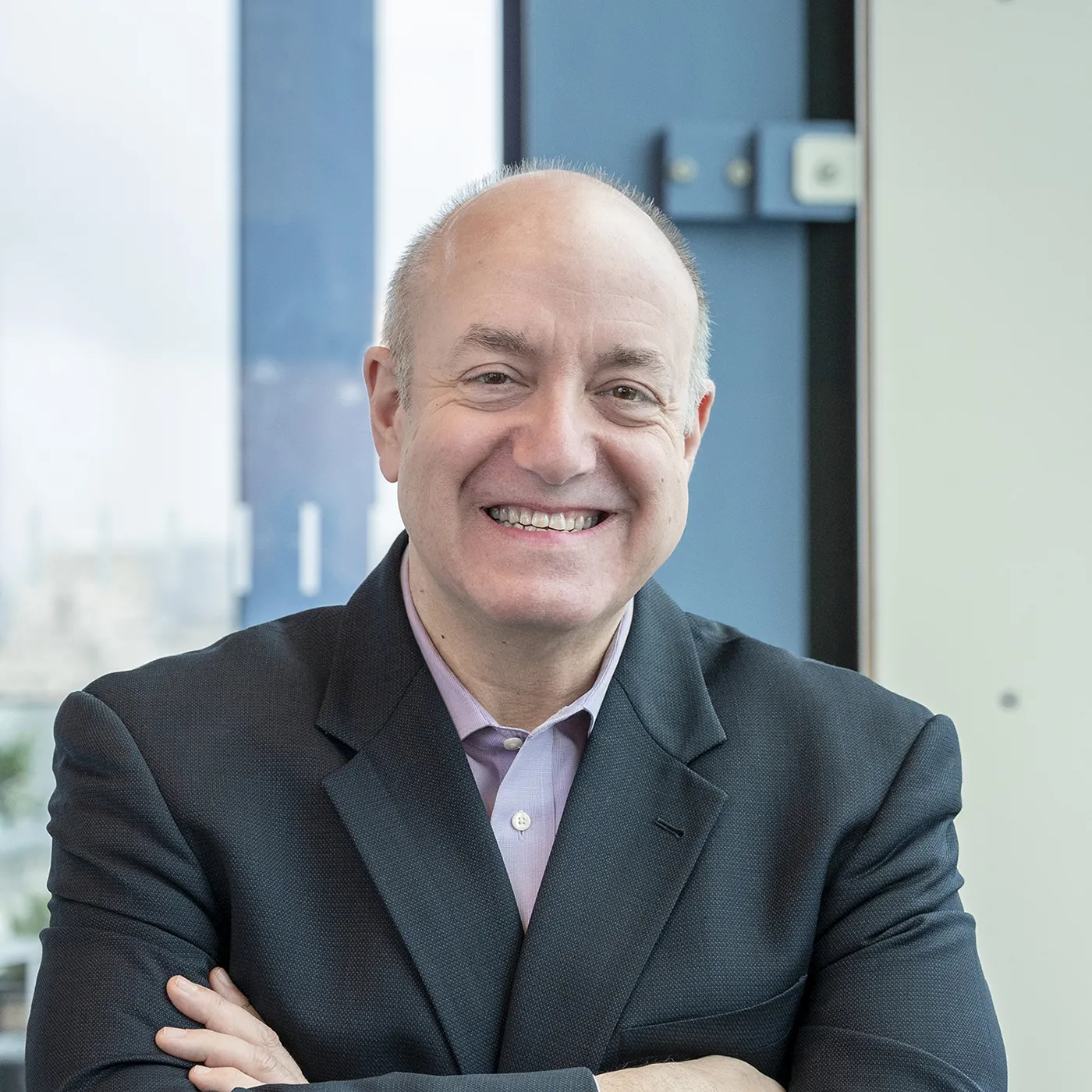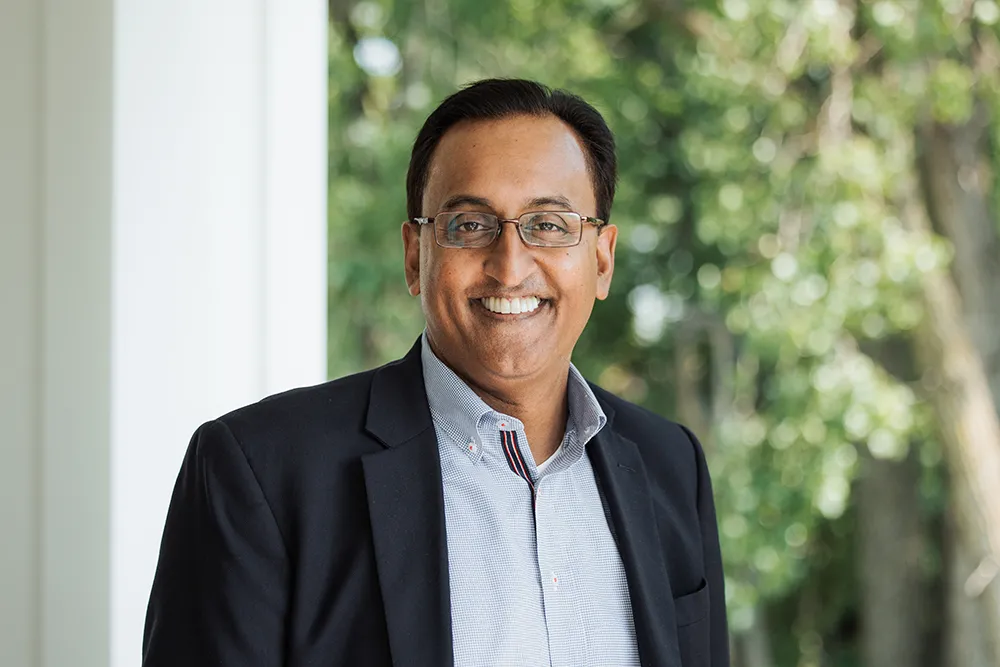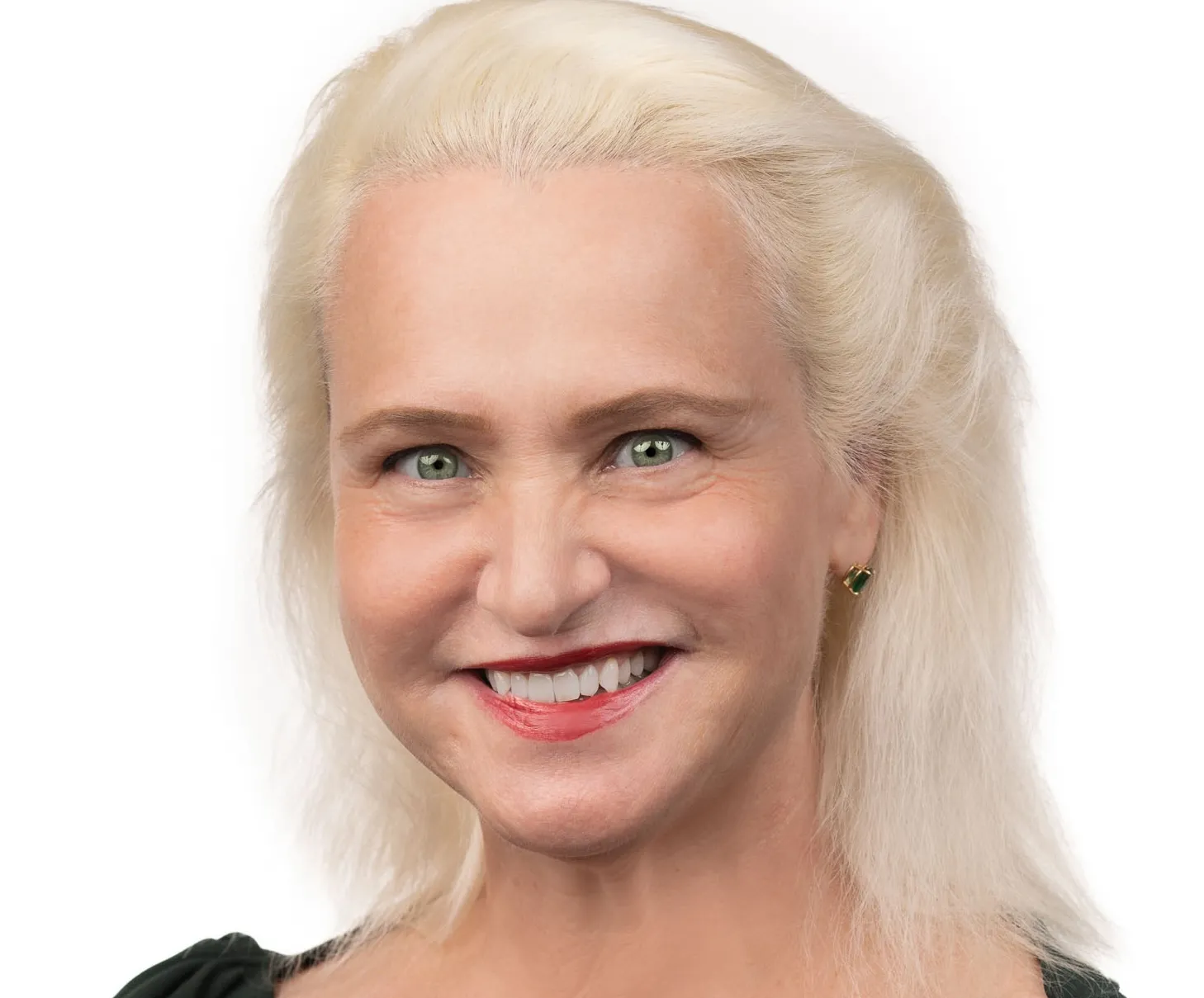Larry Kramer, ’84: From UChicago, NYU, and Stanford—to London

Larry Kramer, ’84, took office last year as the president and vice chancellor of the London School of Economics and Political Science.
In his inaugural address, Kramer invited the LSE community to take on five big challenges: saving popular government (“democracy is in retreat globally”), rethinking political economy (“neoliberalism is failing”), supporting sustainability (“nature’s limits have been reached or are nearing across a number of ecological systems”), combatting inequality (“an essential aspect of the other problems”), and managing new technologies (“the AI revolution, for example, is going to upend practices across society”).
Big challenges are not new to Kramer. Before joining LSE, he led transformative change as the president of the $13 billion William and Flora Hewlett Foundation, as dean of Stanford Law School, and as associate dean at New York University Law School.
Kramer credits his accomplishments to his Law School experiences. “I consider myself as totally a Chicago product,” he said. “Everything in my professional life has followed from my time at the Law School.”
It might not have been that way had Edward Levi not been teaching Elements of Law in Kramer’s first year. Kramer had agreed to go to law school to appease his insistent mother, but he had no intention of staying. “I planned to stay for six or seven weeks to stop her nagging me, and then drop out,” he has said. “I was going to change the world somehow, but not through that kind of bourgeois profession.”
Levi’s class was so compelling that Kramer decided to stick around. He became a research assistant to Levi, a position he held throughout his three years, and he excelled at his studies.
After clerking for US Court of Appeals Judge Henry Friendly and US Supreme Court Justice William Brennan, Kramer had a US attorney position lined up in Boston, but a hiring freeze left him jobless. “I called Geof Stone [’71] to ask what I should do, and he suggested that I might interview for a teaching job at the Law School,” Kramer said. He got the job. A few years later, at 31 years old, he was named a full professor.
Because his wife said she hated Chicago, he accepted a professorship at the University of Michigan Law School. When they divorced a few years later (“It turned out it actually wasn’t Chicago that she hated,” he joked, noting that they are still friends), he left Michigan and joined New York University’s law faculty. There, he worked closely with deans John Sexton and Ricky Revesz on innovations that elevated NYU “from near the bottom of the top tier to near the top of that tier.”
From NYU he went to Stanford as dean, where during his eight-year tenure, among other things, he restructured the academic curriculum (including introducing the quarter system), built strong relationships for interdisciplinary learning throughout the university, increased clinical opportunities, and helped establish many international legal education projects.
When he was interviewed for the presidency of the Hewlett Foundation in 2012, he shared his view that the impacts of the foundation’s $550 million annual giving were threatened by increasingly dysfunctional political and societal dynamics. “You need a political community in which people see themselves as part of the same community, notwithstanding their differences,” he has said. “We recognized this danger earlier than most people, and we introduced a lot of programming to address it.”
He is happy to be at LSE now, although his impetus for moving was complicated. “LSE’s founders were devoted explicitly and exclusively to scientific study of the problems of society and how to address them, and that approach continues to this day,” he observed. “You can’t be at a better place to make a global contribution.”
At the same time, his decision to move to London and start a fresh challenge was motivated in part by the passing of his beloved wife, Sarah Delson, whom he had met soon after moving to New York in 1994. “I wish I could say this is just a new chapter in my life, but it’s more like a whole new novel—new country, new job, new institution, and, slowly, a new me without Sarah.”


